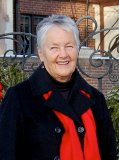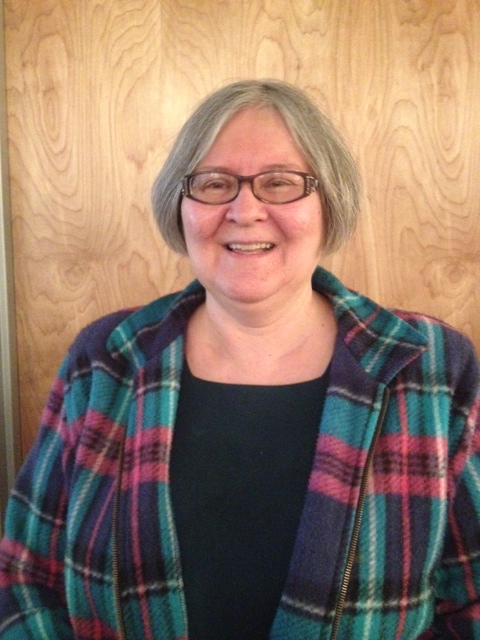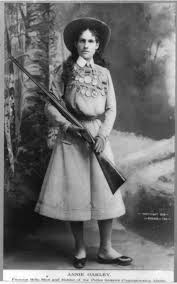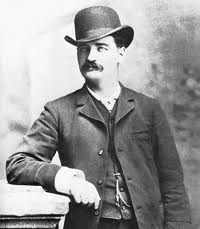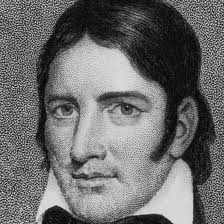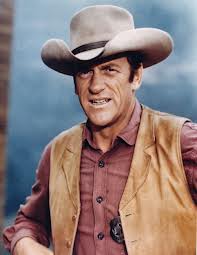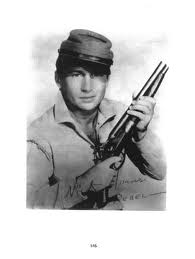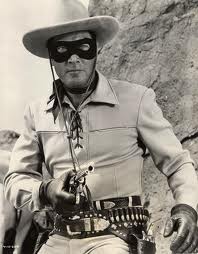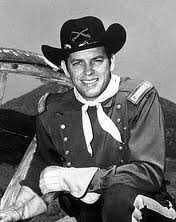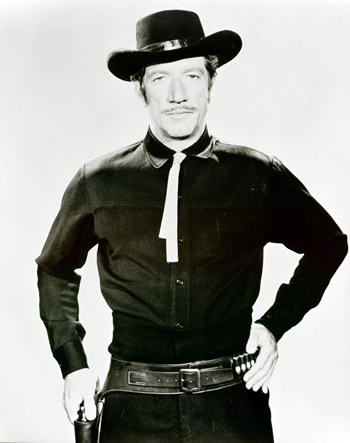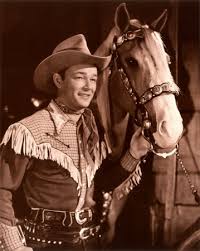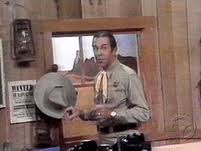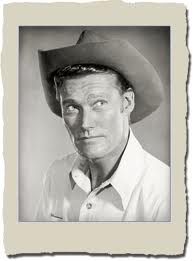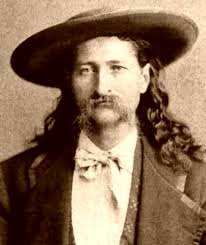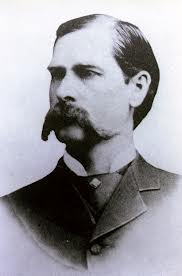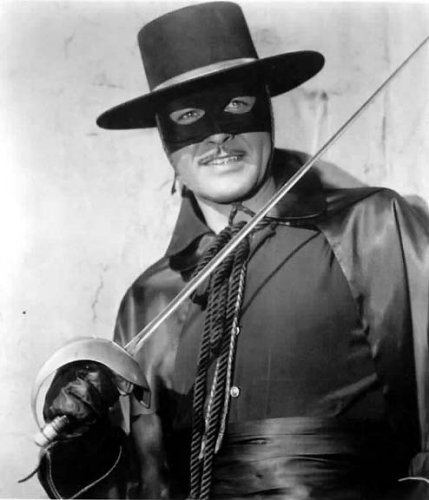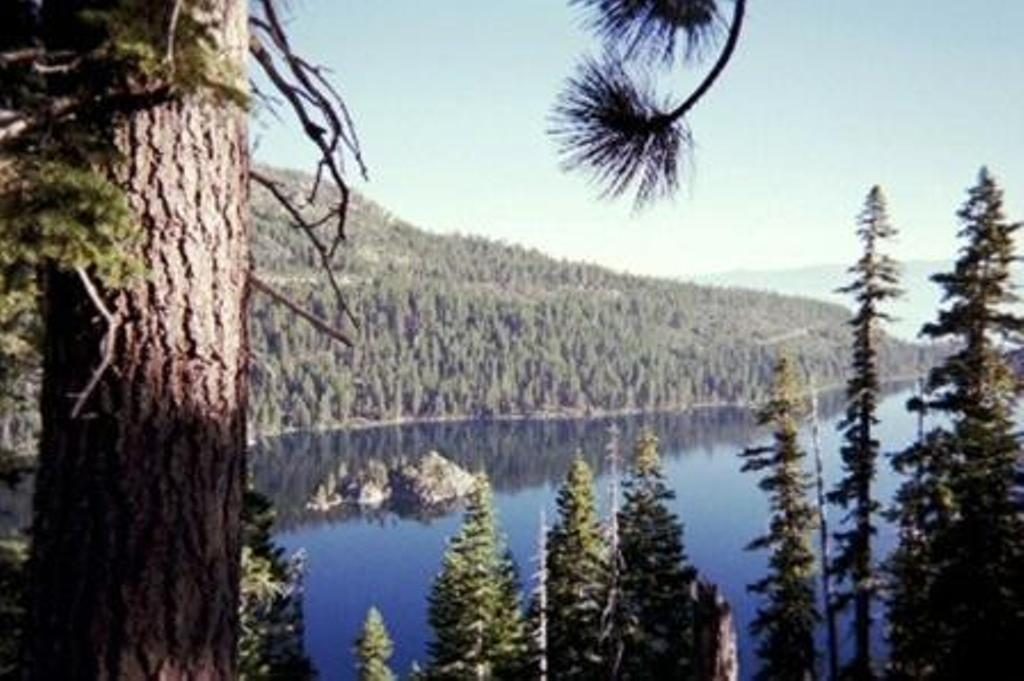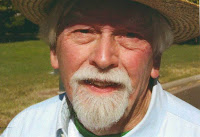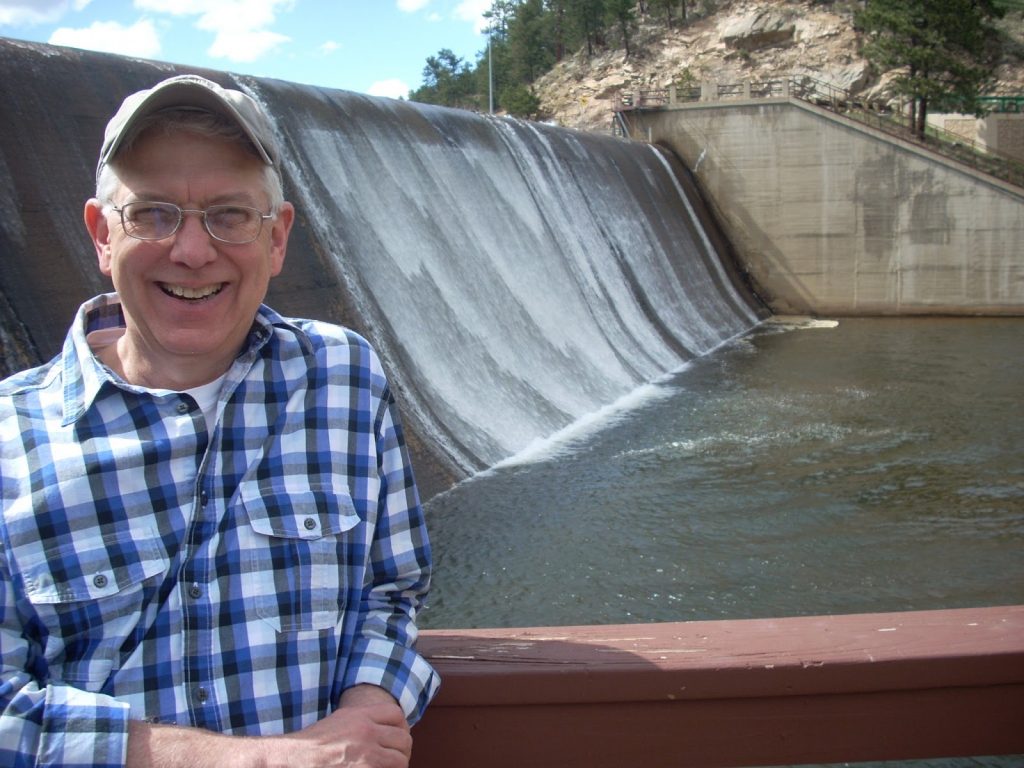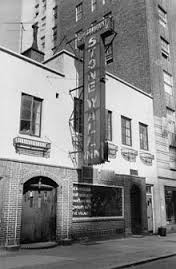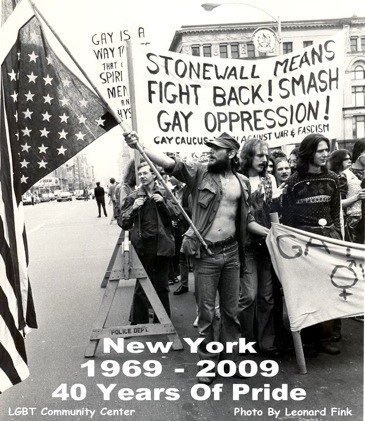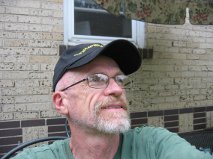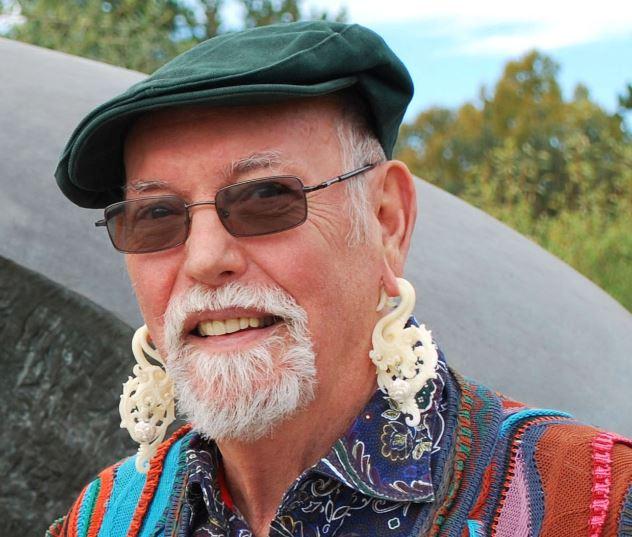Did he remember me as I remembered him?
A couple of summers ago, playing on my computer, I typed in his name in a people search website, curious as to where the years had taken him. When his obituary of ten years earlier emblazoned my screen, a darkness of grief blotted out my emotions. I felt a suspension of thought, a resurgence of memories. I never knew.
I didn’t know he had died ten years before. After all, the last time I had seen him was at a very awkward, unexpected encounter where he had paid his respects at my father’s funeral twenty years earlier. I don’t remember what we said, only that I spoke his name for the first time in years; I did, however, recognize the gulf that divided us as he hurriedly walked away.
Interestingly, to my observant eyes, the obituary made only cursory mention of his wife with whom he had shared his final decades, yet it emphasized his ever-loving daughter and even more interestingly, his life-long allegiance to the church where he had served as sacristan, eucharistic minister and lector. How strange it was that as I read the obituary, memories of our shared pasts deluged my mind, memories of love in all its many and varied guises. Since we lost touch after I left Texas thirty years before, I often wondered if he remembered me as I remembered him. And now as I re-read the obituary, I concluded that death had finally effaced the irrational love that had since withered like a spray of once fragrant violets. I pondered whether over time I become nothing more than a sepia memory or whether I had the right to suspect that he had finally won the battle fought over a lifetime to obliterate me from his mind.
We had once shared secrets together, secrets of young love and hopeful futures over several years, as with needle and thread we quilted a covenant we trusted would last a lifetime. But I went away for a span of time and journeyed to foreign shores in distant lands as I fulfilled my obligations to my country. We wrote religiously in the interim, breathing life into our discoveries, distilling hopes like rain water percolating through layers of limestone. And when I returned, we tilled the earth in the backyard, determined to transform a plot of calcified soil into a reawakened garden of erotic extravagance. And for a while the bulbs and rhizomes we planted in the fall greeted us in the spring with rainbows of irises and ranunculi, tulips and daffodils. The sweet scent of arching peace roses and tender green grass enveloped us like a capsulated chrysalis. But he had changed; I had changed. Our improvised dance now seemed staged and amateurish. All too soon, we recognized we had miscalculated our misadventure as we pirouetted in our macabre ballet of fate. He wanted to be a father, dreaming of a little girl to whom he would build palaces of spun filigreed gold topped with silver moon beams radiating outward. I wanted him to love me with a love that was dawn and twilight and everything in between, no longer being satisfied with the love of first sight. Thus, he sent me away; I walked away. Nevertheless, even as I ascended into the skies far from him, I looked behind, hoping against hope that he would restore the primal cord that had been cut with a whetstone-sharpened steel blade.
He married within weeks, to what I believe was a wonderful woman he had known for years, a woman who was able to give him what I could not. Asking me to be his best man, I stood solemnly but tormented at bride and groom shared sacred vows. I wanted to give flesh to our sin before man and God lest we lose each other in the maelstrom of time. But I silenced my voice; I carved a smile upon my polychromed mask, and again, I flew away into the clouds. Nine months to the day, he sent me a letter informing me of the birth of a daughter hours earlier, a daughter he wrote who uncannily had my eyes, my skin, my mouth. Days later, he sent me a picture of him bathing the child, a look of sublime joy on his face. I realized he had discovered the treasure after which he had quested. I returned back to him not long after when he asked be to be the godfather of his beloved…his two beloveds joined in a momentary gasp of suspiration, the child holding her breathe as the pure water dedicated her to God; me gasping with unanswered questions.
And I walked away. Because the cicatrice in my heart kept opening and spewing molten pain that could not be cauterized, I again walked away, but this time I never returned. The moments became eons, and the eons coalesced into eternity. As I re-read his obituary, I hammered nails upon the entombed gyrations that had decimated with finality. I hoped that over time the church that he had so openly shunned when we were one offered him solace. I knew the beloved daughter he had birthed certainly did. I suspect he spent a lifetime trying to deny me, yet I retain a romantic hope, maybe even a vain hope, that maybe, just maybe, he experienced moments when he exalted me, when he honored that part of me that he carried in his heart forever.
And I wondered if he had remembered me as I remembered him.
June 2, 2013
About the Author
Cervantes wrote, “I know who I am and who I may choose to be.” In spite of my constant quest to live up to this proposition, I often falter. I am a man who has been defined as sensitive, intuitive, and altruistic, but I have also been defined as being too shy, too retrospective, too pragmatic. Something I know to be true. I am a survivor, a contradictory balance of a realist and a dreamer, and on occasions, quite charming. Nevertheless, I often ask Spirit to keep His arms around my shoulder and His hand over my mouth. My heroes range from Henry David Thoreau to Sheldon Cooper, and I always have time to watch Big Bang Theory or Under the Tuscan Sun. I am a pragmatic romantic and a consummate lover of ideas and words, nature and time. My beloved husband and our three rambunctious cocker spaniels are the souls that populate my heart. I could spend the rest of my life restoring our Victorian home, planting tomatoes, and lying under coconut palms on tropical sands. I believe in Spirit, and have zero tolerance for irresponsibility, victim’s mentalities, political and religious orthodoxy, and intentional cruelty. I am always on the look-out for friends, people who find that life just doesn’t get any better than breaking bread together and finding humor in the world around us.

